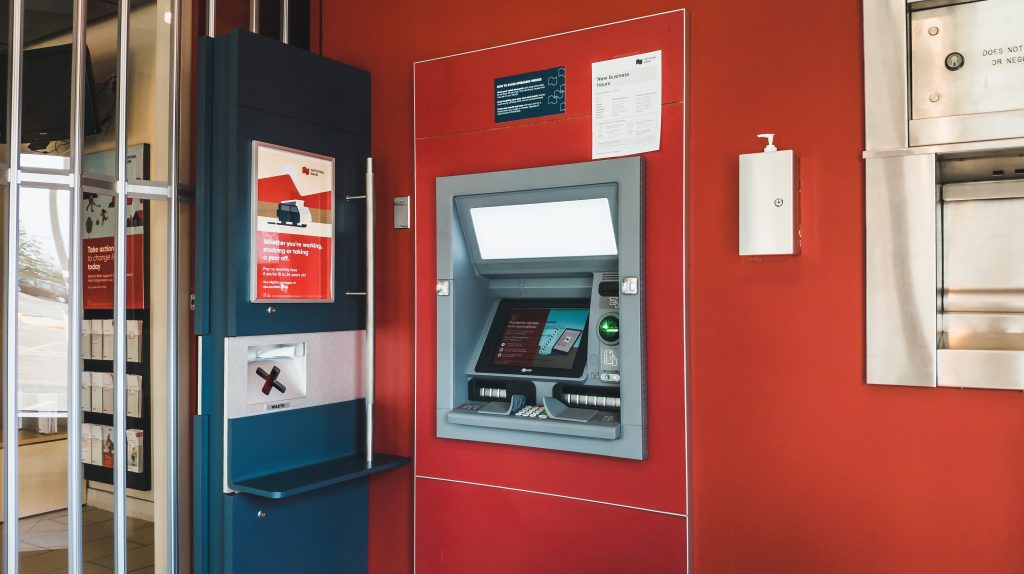Are all savings accounts the same? Do they offer the same interest rate and benefits? How do you know which account is best for you? These are some questions that many seniors have when it comes to their finances. In this post, we’ll look at the different savings accounts and what each offers.
We’ll also discuss finding the best savings account for your needs. By the end of this post, you’ll be armed with all the information you need to make an informed decision about your savings account.
What Is A Savings Account, And How Does It Work?
A savings account is a type of bank account that allows you to save money and earn interest on your balance. The interest rate on a savings account is typically lower than the interest rate on a checking account. However, savings accounts usually have fewer fees than checking accounts.
Most banks require a minimum deposit to open a savings account. Once you’ve opened an account, you can make deposits and withdrawals at any time. In addition, savings accounts typically have withdrawal limits, and if you exceed this limit, you may also be charged a fee.
However, savings accounts offer several benefits, such as earning interest on your deposited funds. Interest rates on savings accounts are typically lower than those offered on investments such as stocks or bonds, but they can still provide a modest return on your investment.
Types Of Savings Accounts – What’s The Difference?
When it comes to saving money, there are many options available. Some savings accounts offer higher interest rates, making them more advantageous for long-term savings goals.
However, other accounts may be better suited for short-term needs or emergency funds. Here is a closer look at some of the most common types of savings accounts:
The Money Market Accounts
Money market accounts often offer higher interest rates than traditional savings accounts and have higher minimum balance requirements. Money market accounts typically have more restrictions on withdrawals and transfers.
Traditional Savings Accounts
Traditional savings accounts are the most common type of account offered by banks. They tend to have lower interest rates than money market accounts but have fewer restrictions. This makes them a good option for those who want easy access to their savings or are just starting to save.
Certificates Of Deposit
Certificates of deposit (CDs) are a type of account offering higher interest rates than traditional savings accounts. However, CDs typically require you to commit money for a set period, usually six months to five years.
You may be charged a penalty if you withdraw your money before the CD matures. CDs can be a good option for disciplined savers who don’t anticipate needing access to their funds in the near future.
High-Yield Savings Accounts
High-yield savings accounts are similar to traditional ones but often offer higher interest rates. These accounts typically have fewer restrictions than money market accounts, making them a good option for those who want easy access to their savings.
How To Open A Savings Account
What is the process for opening a savings account? The process is quite simple, and there are a few different ways to do it. One option is to open a checking account with a bank or credit union that offers this service. Regular savings accounts typically have lower interest rates than checking accounts. Still, they offer the convenience of being able to withdraw and deposit money without having to go through a teller.
Another way to open a savings account is to visit a bank or credit union in person and ask to open an account. Be sure to bring your identification and some cash or a check to deposit into the account. Finally, you can open an online savings account with many banks or credit unions. The process for doing this is similar to opening a checking account. However, you will need to provide additional information, such as your Social Security number.
Once you have opened your account, you can begin saving money by making regular deposits into the account. Over time, the money in your savings account will grow, providing you with a financial cushion in case of an unexpected expense.

Tips For Saving Money In Your Savings Account
When saving money, most people immediately think of bank accounts. However, several other savings accounts can be beneficial, including credit unions, savings and loan associations, and investment accounts. Each type of account offers different interest rates and terms, so comparing different options is essential before choosing one.
In general, bank accounts offer the lowest interest rates but also excellent flexibility regarding withdrawals and deposits. Credit unions typically offer higher interest rates than banks but may require a minimum balance or monthly fee.
Savings and loan associations typically have higher interest rates than credit unions but may have more withdrawal restrictions. Investment accounts usually have the highest interest rates but also have a greater risk.
One easy way to boost your savings is to have a portion of your paycheck automatically deposited into your savings account each month. This will help you build up your savings without having to think about it.
Many banks and credit unions offer the option to set up automatic transfers from your checking account to your savings account. This is a great way to ensure that you are making regular deposits into your savings.

Benefits Of Having A Savings Account
A savings account is a bank account where money is deposited to earn interest. The financial institution pays interest for money deposited into the account. A money market account is a type of savings account with higher interest rates than a regular one and may have higher monthly maintenance fees. There are many benefits to having a savings account, including:
Earning Interest On Your Money
One of the main benefits of a savings account is that you earn interest on the money you deposit. The interest rate may be low, but it is still money you would not have earned if you had not deposited it into a savings account.
Safety Of Your Money
Another benefit of a savings account is that your money is safe. Your money is FDIC insured, which means that if the bank fails, you will still get your money back up to $250,000. This makes savings accounts much safer than investing in stocks, which can lose value quickly.
Convenience
A savings account is also convenient because you can access your money when needed. You can usually withdraw money from your savings account without any penalties.
Builds Good Habits
A final benefit of having a savings account is that it can help you build good saving habits. When you see your money grow over time, it can motivate you to save even more money. Having a savings goal can also help you stick to your savings plan.

Final Words
So, what’s the verdict? Are all savings accounts created equal? The answer is a resounding NO. Many different savings accounts have unique benefits that can fit your specific needs. If you want to save money, it’s essential to do your research and find an account that will work best for you. Follow our tips to help you get started on the path to financial success!
